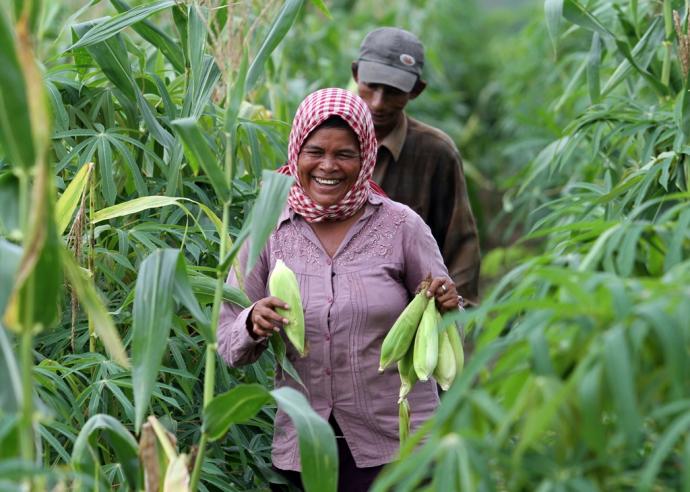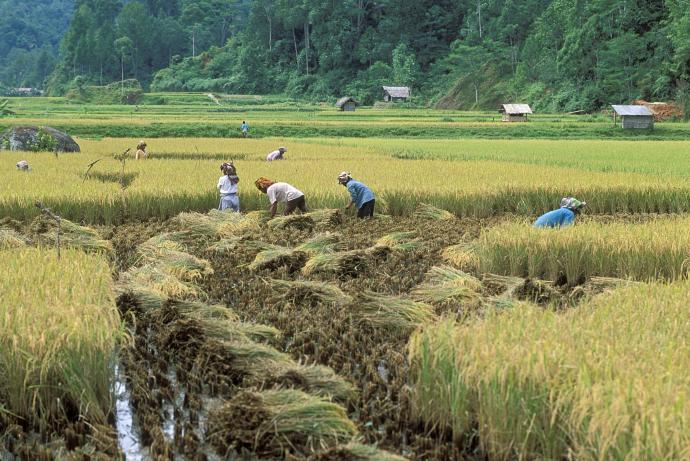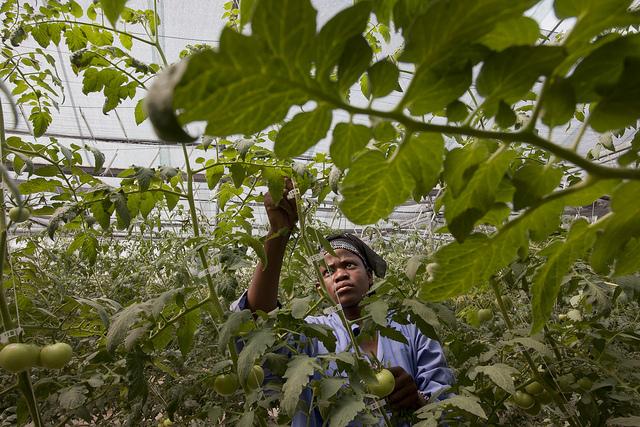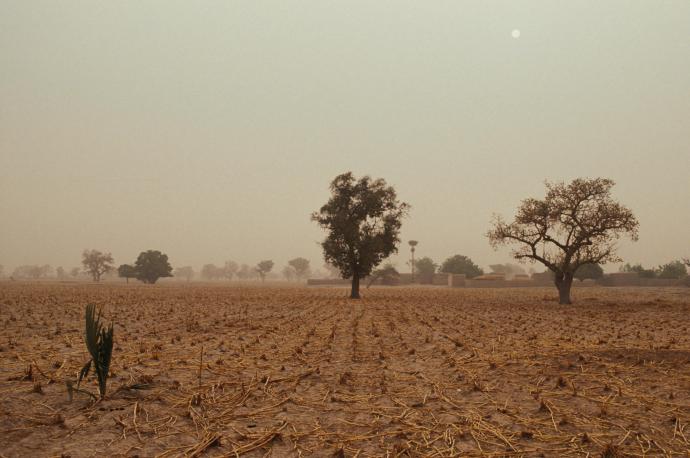03
Feb
Key findings from the Global expert workshop co-hosted by the Ministry of Foreign Affairs, Netherlands and the Rabobank Group and organized by the World Bank’s FISF initiative. Workshop report including links to presentations made at the workshop is available here: Report on Financial Inclusion of Agriculture-Dependent Households Need to focus on broader array of financial services rather than just credit or insurance for agricultural production. Agricultural households have a broad range of financial service needs, several of them for lifecycle and business needs not related to agriculture




